Editor’s note: This story is part one of our Mental Health Series, which will continue throughout the Spring 2021 Semester.

The state of mental health in Gunnison is in crisis. Don’t believe me? Here’s a few harrowing statistics from the good people up at Crested Butte State of Mind:
- Gunnison County has nearly double the rate of suicide deaths compared to Colorado’s average (already higher than the national average): 39.5 per 100,000 people, compared to 20.2 Colorado statewide.
- 20 percent of high school students in the Gunnison Watershed School District have seriously considered suicide in the past year. This increases to 52 percent for LGBTQ+ students.
- 9 percent, or nearly 1500 Gunnison County residents were unable to get mental health services when they needed them, due to a wide array of barriers involving cost or insurance, social stigma associated with mental illness, and difficulty securing an appointment.
The mental health crisis on college campuses, which has long persisted as a significant issue, has recently been exacerbated by the lingering Covid-19 pandemic, acting in concert with other societal factors, including the rising dominance of social media platforms in youth’s lives. This confluence of factors has combined to increase psychiatric hospitalizations for college students by more than 300 percent in the last two decades.
The Gunnison and Western community is by no means an exception, and our shared valley struggles with additional systemic factors: our remote location, long, cold winters that can prove particularly tough for non-skiers, a communications disconnect between the college and the greater community, and a longstand culture of alcohol and drug abuse.
All this said, there are many dedicated professionals and organizations in the Gunnison Valley with varying expertise and resources on offer. To cite a few, in no particular order: the Center for Mental Health and their Campus Counseling Center, Crested Butte State of Mind, the Mobile Crisis Clinicians, Gunnison Valley Health and their associated Behavioral Health program, and the newly founded Mental Madness Project.
Right here on Western’s campus, the student-run Peer Health Educators program serves as a nexus to direct students to available resources and provide material support to students in the form of drug-testing kits, STI testing, and condoms. The Peer Health Educators also offers trainings like Welcome to the Party, an educational program centered on sexual assault prevention, in addition to their educational efforts on roofies, Narcan use, and other drug-related topics (especially after an uptick of recent incidents this fall and winter). They also make crisis intervention services available for students on an as-needed basis.
Naiya Budler, the student leader of the Peer Health Educator team, came to Western originally to be a campus leader in the Sources of Strength program, which she was involved with in high school. Sources of Strength is an international mental health program which uses eight central tenets to build mental health resilience among young individuals.
From their website: “Our mission is to provide the highest quality evidence-based prevention for suicide, violence, bullying and substance abuse by training, supporting, and empowering both peer leaders and caring adults to impact their world through the power of connection, hope, help and strength.”
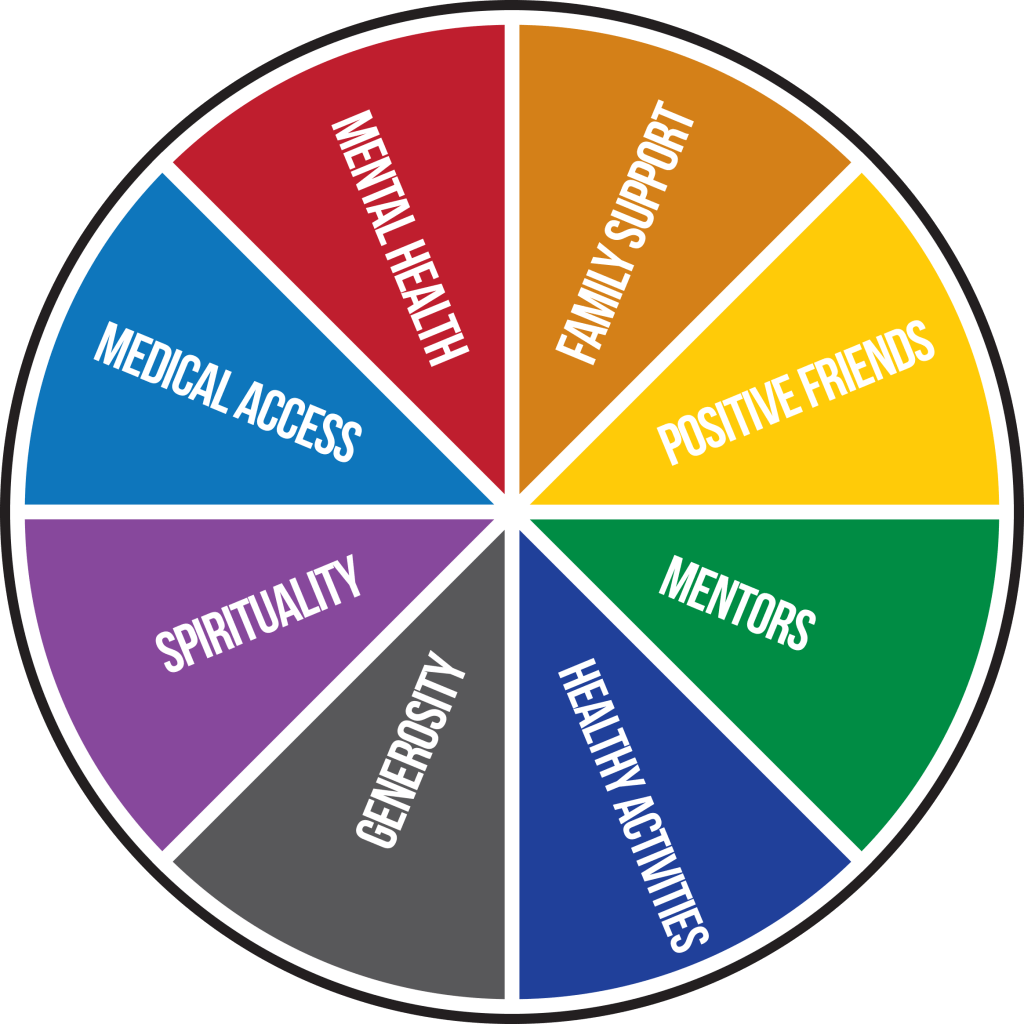
Western’s Sources of Strength program currently lies dormant due to a dearth of funding (although Gunnison’s middle school and high school currently have active programs), but Budler applied for the newly-unveiled Peer Health Educator team at the conclusion of her freshman year and was brought aboard as a sophomore. “At first there were nine of us, and then there were eight, and then there were two, and then there was me,” says Budler, citing funding issues that have plagued many mental health programs at Western and in the greater Gunnison community.
Nowadays, the Peer Health Educator program is on the rebound. “Our goal is to connect students to any health-related resources they might need, so any sort of physical, mental, emotional, sexual, social, financial [health resources]. Anything that goes on in the community or on campus that could be a resource to someone to help them live their healthiest life, we try and get them connected,” says Budler.
Budler works with Western’s Title IX Coordinator Shelby Schuppe to oversee and assist the program’s three other Peer Health Educators: Christine Spiers, Braden Laboret, and Myles Hilbert, who all divide and conquer different focus areas. Budler’s individual emphasis is liaising with the broader Gunnison community, sitting on numerous valley committees and subcommittees and forging Western’s connections with community groups that were previously lacking and even nonexistent. Budler says that this type of communications and outreach work is indispensable for maximizing valleywide resources to provide Gunnison County residents the best help possible.
Spiers handles campus outreach with a focus on pairing up with campus organizations for events, and Hilbert runs the social media accounts and creates content. Laboret recently began a training and workshop-centric role that has him working to identify and support relevant training programs, such as assisting Budler with a recent Narcan training.
While the Peer Health Educators are a fantastic student resource, Budler believes that more help on a systemic level is sorely needed. She cites promptly hiring a new Wellness Director, a post that has been unfilled since July 2021, as critical to expanding Western’s mental health services capacity. Staffing that position would relieve a heavy burden foisted upon the Peer Health Educator team, Schuppe herself, and Western’s Dean of Students Gary Pierson.
Filling this role is the first step in lightening the load of the students currently working in mental health and wellness. “If we have a roofies incident, or an overdose, or a student death, oftentimes it’s [reflected on us]: ‘the Student Health and Wellness Department needs to do more, the Peer Health Educators need to do more.’ We are tapped out, we are doing as much as we can. Because so much of what we do is education and prevention, sometimes that’s not [always] seen,” says Budler.
At the valley scale, one of the initiatives that has recently spawned from growing collaboration efforts amongst mental health providers and educators is the better.together campaign, which operates with the tagline “mental health for you, me, and everyone.” The program seeks to cultivate difficult conversations in an effort to reduce the stigma around mental health.
According to their website, “Better.together is a group of Gunnison Valley residents who are concerned about the mental health challenges facing our community. We are family members, loved ones, and people living with mental illness. We are mental health service providers in Gunnison County. We are people who recognize the serious mental health challenges facing our community.”
Budler says this campaign is so critical because many people in the valley suffer in silence without the aid of the education and care options available to them, and just don’t know how to navigate these situations both conversationally, and in their search for resources. With their own website, a coordinated social media campaign run by Budler, an upcoming new series in the Gunnison Country Times featuring weekly mental health tips, and a whole lot of stickers, Better Together is trying to turn the tide on a notoriously thorny topic.
Better.together is also compiling short videos featuring individuals in the community talking about their own journey with mental health. The videos “show that the people you see throughout the community – walking in the grocery store – they could be struggling with something that you struggle with too,” adds Budler.
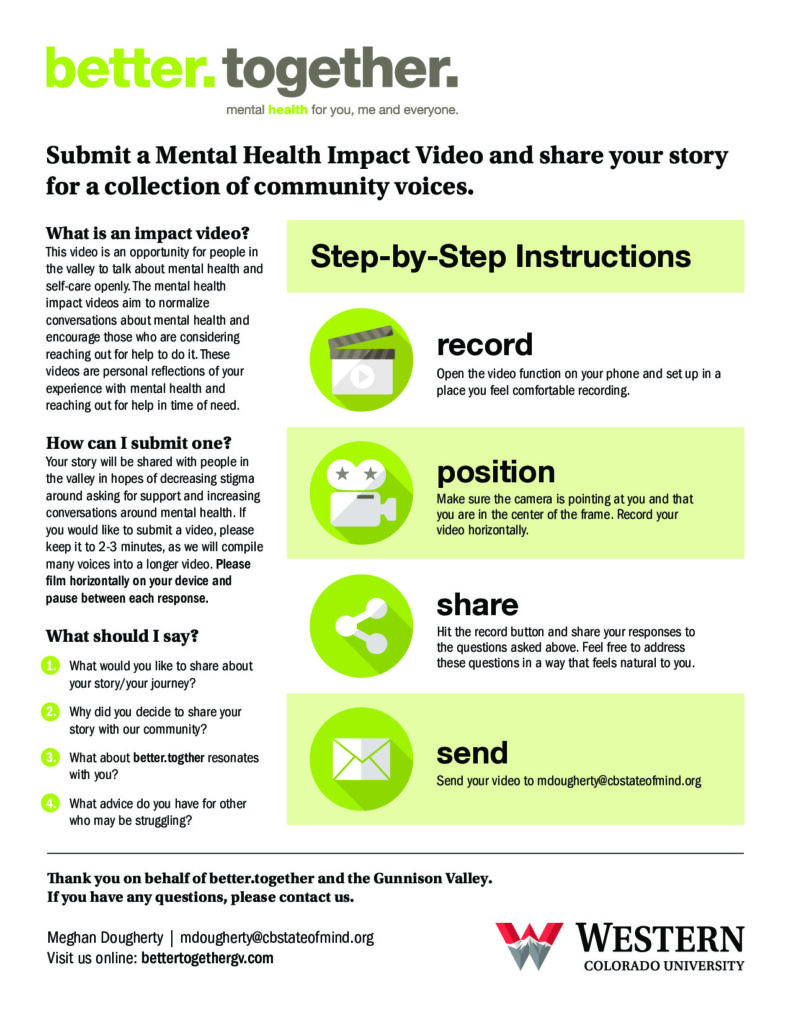
Another resource available to the Western community is Wellness Wednesdays, an open space for students to take a break and hang out from 5:30 to 7:30 p.m., discussing their weeks and available mental health resources in a relaxed, community-building space, enjoying some snacks and refreshments while engaging in games, painting, and other stress-relieving activities. The program was initiated by Western students Alexis Carbonell and Mikailah Dikow, and fits in nicely with broader mental health stigmatization efforts that are ongoing in the valley.
While there are a number of efforts taking place on campus, Budler notes that the licensed therapy resources available to students are oftentimes insufficient to meet the scale and nature of student’s needs. Western Rising was a recent fundraising effort intended to provide therapy scholarships to students who couldn’t access the counseling resources available on campus and in Gunnison (or were searching for additional help).
In the past, students have opted to use therapy scholarships when the wait time at the counseling center on campus was too long, if they were seeking alternative options for therapists that better suited their individual needs, or if they didn’t have insurance or the financial means to pay out-of-pocket for therapy off- campus.
The effort was a collaboration with the aforementioned Crested Butte nonprofit CB State of Mind, a grassroots organization founded dedicated to reducing suicides in the valley and improving general mental health. The scholarships open up options for students to see a wide range of therapists through TelebehavioralHealth.US and private providers in the Valley who have partnered with CB State of Mind.
Budler notes that her therapist is located in Ohio and, like many therapists on the portal, has lots of openings. The limiting factor for students is the number of sessions included with the scholarship, which range from five to ten, and are based, once again, on funding constraints. The importance of culturally sensitive therapy is becoming increasingly recognized. You can read more on the importance of culturally sensitive therapy here.
The scholarship service is intended to be a supplementary resource, providing additional options to go along with the existing campus counseling resources and Western’s new digital health provider, TimelyCare. Unfortunately, TimelyCare limits students to just 9 available sessions per year, which may work for students seeking occasional help, but is insufficient for students seeking regular counseling services.
Also unfortunate is the fact that Western Rising funds, approximately $7,500 in all, have recently been exhausted. Over the program’s duration, 15 Western students were able to obtain either five or ten therapy sessions after consideration of their individual need, and the program was deemed a success. But now, Budler and her team are running up against a systemic barrier around funding.
Without a Wellness Director who is able to fundraise internally or dedicate time to seeking external funding mechanisms like foundation grants, the options for obtaining additional funding to continue the scholarship program are slim. Moving forward, students at Western may have as many as three different free counseling options, should the therapy scholarship program locate the funds to persist. Still, issues with therapist continuity, annual session limits, and scheduling availability will continue to provide additional barriers to students with limited time and energy to access these vital resources.
There is hope, though, in the many amazing resources available to students and the Western community (check out our resources list below). An increase in student utilization of mental health services should be seen as a positive: it means that more students are getting the help and support they need. With pressure now coming from the state level for increased energy and resources devoted to mental health, and a growing acknowledgement of the importance of mental health from Western’s administration, staff and faculty, and students alike, Budler is optimistic about the direction we are headed in.
If you are interested in knowing more about the work that is happening, want to share your story, help with an upcoming event, promote content on social media, or otherwise support mental health efforts, please reach out to the Peer Health Educators (contact information provided below).
And If you need support for your mental health, please consider talking to someone. Start somewhere, whether it be a friend, professor, coworker, therapist, or stranger. Just start somewhere, and the healing will follow, advises Budler.
The Peer Health Educators and their Office Hours in UC 103:
You can also follow the team on Instagram @peerhealtheducator_western and check out the Student Health and Wellness Canvas page.
Christine Spiers: Monday, Wednesday and Friday 10-11 a.m. Email: christine.spiers@western.edu

Brady Laboret: Monday, Wednesday and Friday 11-12 a.m. Email: braden.laboret@western.edu
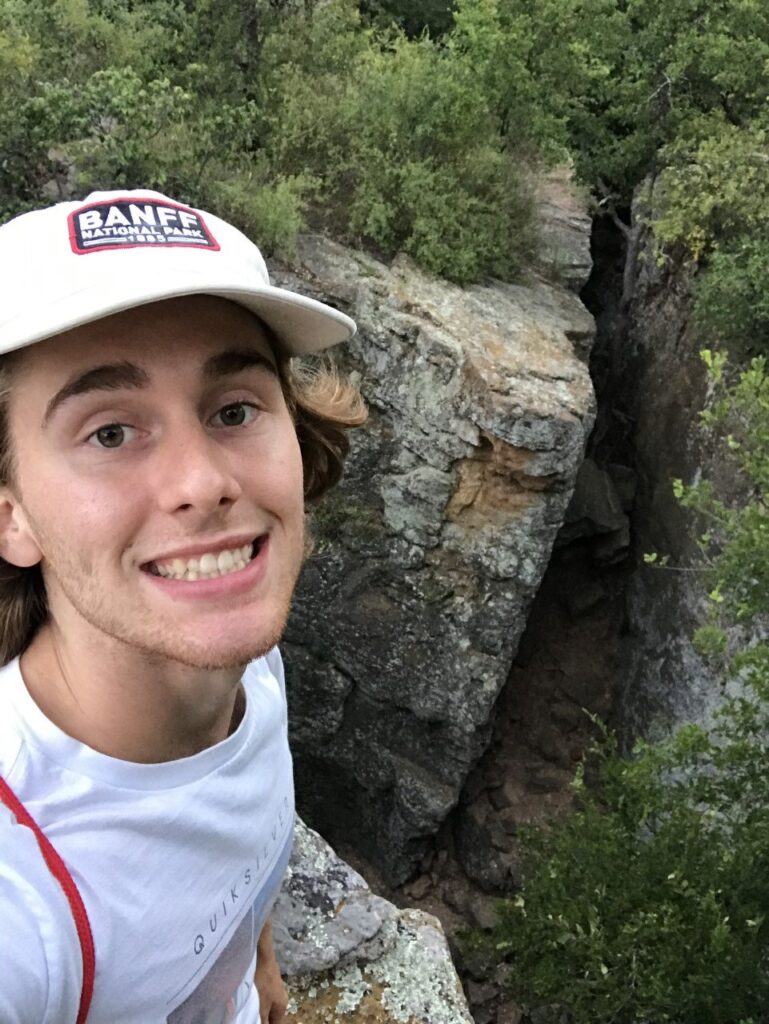
Myles Hilbert: Tuesdays and Thursdays 9:30-11 a.m. Email: myles.hilbert@western.edu
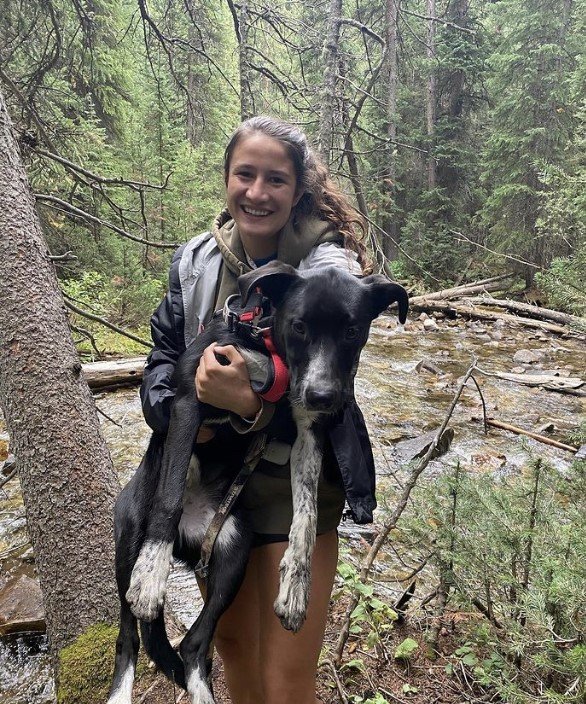
Naiya Budler Tuesday 11-12 a.m. Thursday 12:30-2 p.m. Email: naiyabingi.budler@western.edu
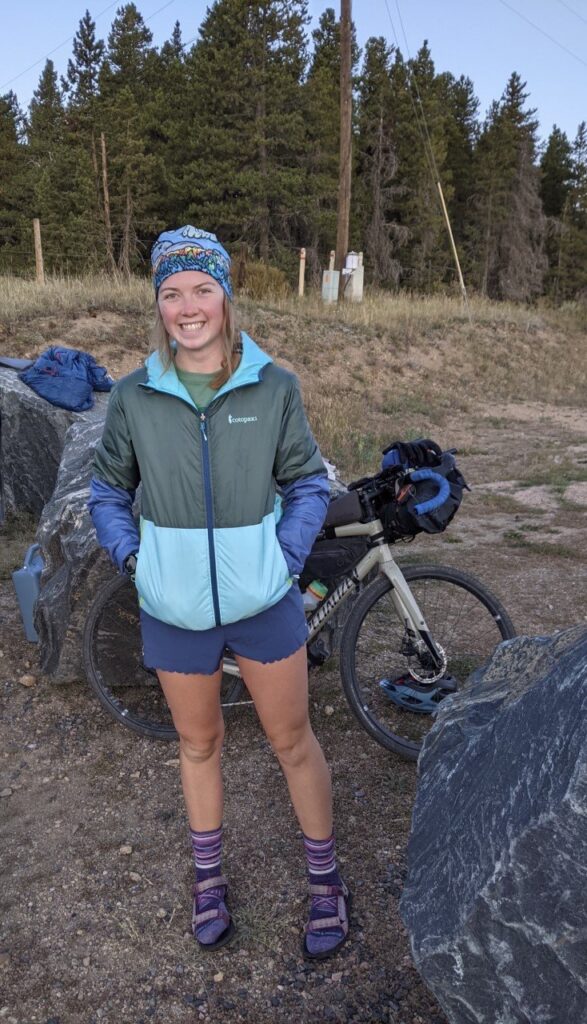
Other Resources:
- You or someone you know In Crisis? (FREE)
- Call 970-252-6220, the 24/7 Crisis Talk line
- Or Text TALK to 38255
- Peer Support Specialists (people with lived experience in mental health or substance use):
- Contact 970-596-0127 or 970-596-8182
- Timely Care (FREE): Free mental health resources for western students, health coaching, 24/7 crisis text line, psychiatry (medication prescription for mental stability) and counseling:
- Go to timelycare.com/western
- Click sign in or make an account
- Use your western email and a password
- Fill in the required medical info
- Utilize the resources!
- Western Counseling Center (FREE): Unlimited therapy for Western students:
- Go to Crystal 104 and tell them you would like to make an appointment or call 970-642-4615 to make an appointment
- Fill out the required paperwork
- Make several appointments in a row if you prefer to secure your schedule!
- Crested Butte State of Mind Therapy Scholarships (FREE)
- Go to https://cbstateofmind.org/learn-more/therapy-scholarships/Therapy Scholarships – Crested Butte State of Mind
- CB State of Mind is committed to making sure that our residents have access to mental health care and that means eliminating the barriers of cost, navigating the system, and connecting to the right service.cbstateofmind.org
- Click on Application Form
- Fill out an application
- Let Meghan Dougherty (mdougherty@cbstateofmind.org) know if you have any issues or need help applying
- Get paired with a good fit for a therapist
- Enjoy your therapy scholarship!
- Center for Mental Health (Not always free, can cost $):
- Call 970-252-3200 to set up an appointment
- Let them know you live in Gunnison
- Ask about insurance coverage and pricing
- Gunnison Valley Health Behavioral Health (Not always free, can cost $):
- Call 970-648-7128 to make an appointment or find options
- Project Hope: Domestic Violence and Sexual Assault Resources, including therapy, support and connections:
- Call 970-641-2712 to set up an appointment or simply find out more
- Email info@hope4gv.org
- Additional resources can be found here under the mental health section:

